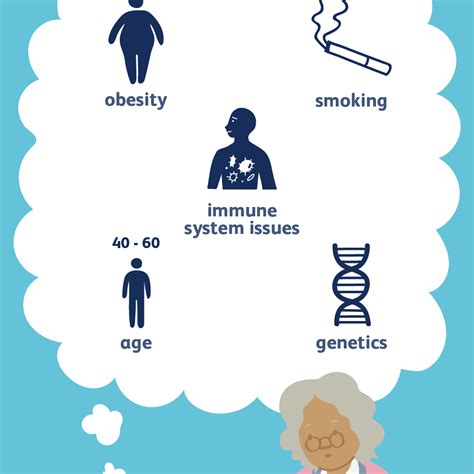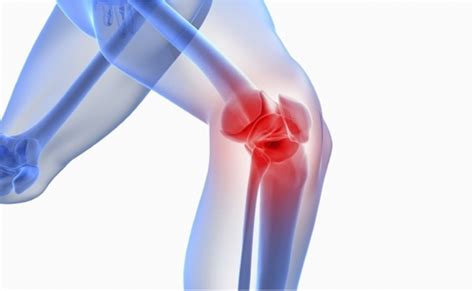A herniated lumbar disc, sometimes referred to as a slipped disc or disc herniation, is a prevalent condition that primarily affects the spine in the lower back. It emerges when there is a rupture in the tough outer fibrocartilaginous layer of a spinal disc, known as the annulus fibrosus. This tear allows the gelatinous inner layer, the nucleus pulposus, to seep out. As a consequence, this can exert pressure on the surrounding spinal nerves, leading to an array of symptoms.

One might assume that such a condition would predominantly cause back pain, but, interestingly, the primary symptoms often manifest elsewhere. According to HSS spine surgeon James E. Dowdell III, MD, a herniated disc in the lumbar region is more likely to affect the buttocks, legs, and feet than the back itself.
Common symptoms of a herniated disc include:
Leg pain, weakness, or numbness
Cauda equina syndrome
Low back pain
Arm pain (if the herniation is in the neck or cervical spine)
Numbness or tingling in the regions served by the affected nerves
The silver lining for those experiencing these symptoms is that in 90% of cases, the pain induced by a herniated disc subsides on its own within half a year. Initially, medical professionals often advise patients to consume over-the-counter pain relievers and steer clear of activities that amplify the pain or discomfort. However, when in doubt or if symptoms persist, it’s always best to seek professional medical guidance.
While herniated discs can occur in any part of the spine, they predominantly emerge in the lower back or lumbar spine. People in their middle age are particularly susceptible to this condition. It’s crucial to recognize the signs and understand the condition, so effective treatments or interventions can be sought if necessary.
For further reading, various resources delve deeper into the topic of herniated lumbar discs:
Harvard Health on Herniated Discs
Healthcare at Utah on Herniated Disks
Virginia Neurosurgery on Lumbar Disc Disease
In conclusion, while a herniated lumbar disc can be a cause for concern due to the symptoms it induces, understanding the condition and seeking appropriate medical advice can pave the way for recovery and relief.


